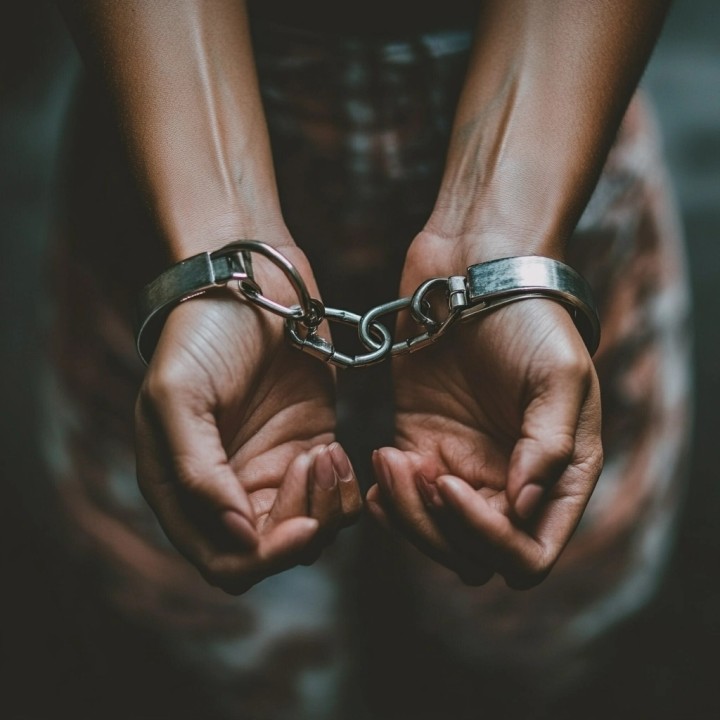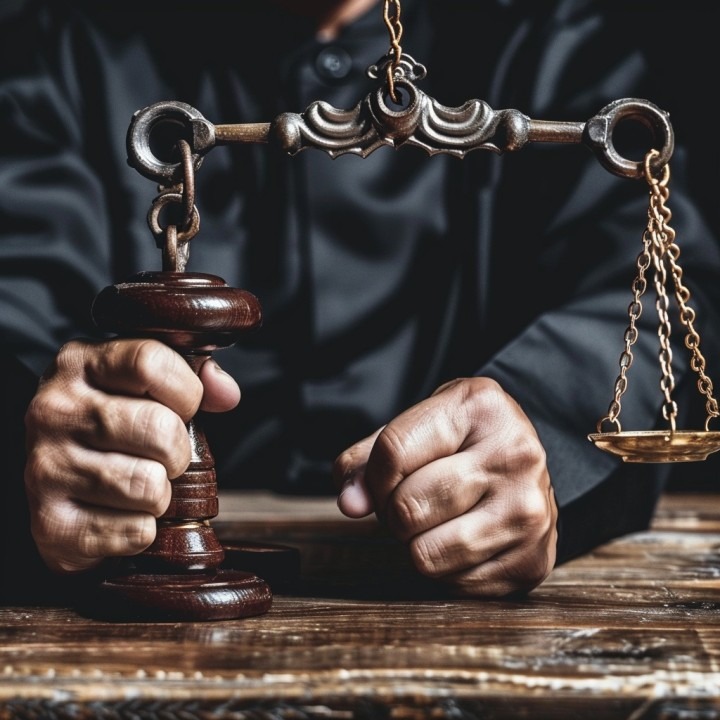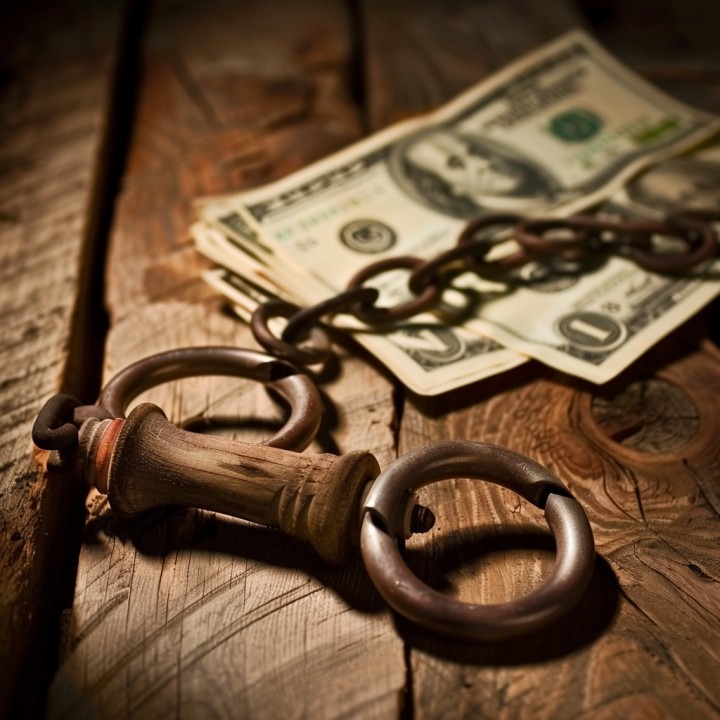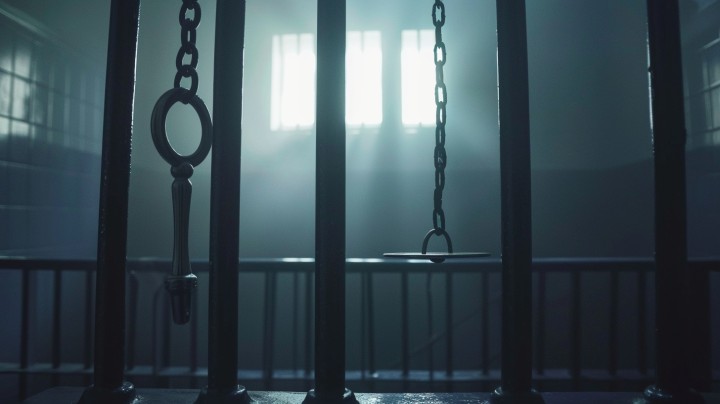Introduction
The juvenile justice system is designed to handle offenders under 18 differently from adults, focusing more on rehabilitation than punishment. This article examines whether juveniles can get bail, the differences in the juvenile justice system, and alternatives to bail.
Understanding the Juvenile Justice System
Definition: The juvenile justice system deals with individuals under 18 who are accused of committing a crime. It emphasizes rehabilitation over punishment.
Purpose: The primary goal is to rehabilitate young offenders and help them reintegrate into society while protecting public safety.
Differences from Adult System: Unlike the adult system, which focuses on punishment, the juvenile system prioritizes education, treatment, and rehabilitation.
Juvenile Detention vs. Bail
Key Differences
Juvenile vs. Adult System: Juveniles are typically not eligible for bail in the same way adults are. Instead, they may be placed in juvenile detention or released under supervision.
Rights of Juveniles: Juveniles have the right to legal representation and a fair hearing, but the procedures and outcomes can differ significantly from the adult system.
Court Proceedings: Juvenile court proceedings are generally less formal, with a focus on the best interests of the child.
Legal Framework
State and Federal Laws: Juvenile justice is governed by a combination of state and federal laws, which can vary widely.
Juvenile Court System: Specialized juvenile courts handle these cases, with judges trained to address the unique needs of young offenders.
Rights of Juveniles: Juveniles have rights, including the right to an attorney, the right to remain silent, and the right to a fair trial.
Purpose of Juvenile Detention
Rehabilitation: The primary focus is on rehabilitating the juvenile, addressing underlying issues such as substance abuse or family problems.
Public Safety: Detention may be used to protect the community from potentially dangerous individuals.
Legal Compliance: Ensuring the juvenile attends court hearings and complies with legal requirements.
Circumstances Affecting Juvenile Release
Age
Legal Definitions: The definition of a juvenile varies, but generally includes individuals under 18.
Impact on Detention Decisions: Younger juveniles may be treated more leniently, with a greater focus on rehabilitation.
Offense Severity
Minor vs. Serious Offenses: Minor offenses may lead to release under supervision, while serious offenses may result in detention.
Impact on Detention: The severity of the offense significantly influences the decision to detain or release.
Previous Record
History of Offenses: A juvenile with a history of offenses may be more likely to be detained.
Impact on Release Decisions: Previous behavior is considered when deciding on detention or alternative measures.
Risk to Community
Assessment: Risk assessments are conducted to determine the potential danger the juvenile poses to the community.
Impact on Detention Decisions: High-risk juveniles are more likely to be detained to ensure public safety.
Alternatives to Bail for Juveniles
Release on Recognizance
Definition: The juvenile is released based on a promise to return to court.
Conditions: May include curfews, school attendance, and other behavior requirements.
Benefits: Allows the juvenile to remain in a familiar environment while awaiting trial.
Conditional Release
Terms and Conditions: Specific conditions must be met, such as attending school or therapy sessions.
Monitoring: Regular check-ins with a probation officer or other authority.
Consequences of Non-Compliance: Failure to comply can result in detention.
Pretrial Supervision
Programs: Various programs provide supervision and support to ensure compliance with court orders.
Monitoring Methods: Electronic monitoring, regular meetings, and community support services.
Support Services: Access to counseling, education, and other rehabilitative services.
Role of Legal Guardians and Attorneys
Legal Representation
Rights to Attorney: Juveniles have the right to an attorney, including a public defender if they cannot afford one.
Role of Public Defenders: Public defenders provide legal representation and ensure the juvenile’s rights are protected.
Legal Aid: Legal aid organizations can offer additional support and resources.
Guardian Responsibilities
Court Appearances: Guardians are responsible for ensuring the juvenile attends all court appearances.
Compliance with Conditions: Guardians must help ensure the juvenile complies with release conditions.
Support for Juvenile: Providing emotional and practical support throughout the legal process.
Advocacy
Role of Advocacy Groups: Organizations advocate for the rights and fair treatment of juveniles in the justice system.
Support Networks: Community organizations and support groups provide resources and assistance.
Community Resources: Access to local services that can aid in rehabilitation and support.
Case Studies and Real-Life Examples
Typical Cases
Common Scenarios: Examples include minor theft, drug possession, and vandalism.
Judicial Decisions: Outcomes vary based on the offense, previous record, and individual circumstances.
Outcomes
Detention vs. Release: Factors influencing whether a juvenile is detained or released.
Impact on Juvenile’s Future: Long-term consequences of detention vs. alternative measures.
Lessons Learned
Best Practices: Effective strategies for dealing with juvenile offenses.
Avoiding Common Mistakes: Key insights from previous cases to avoid negative outcomes.
Legal Insights: Understanding the nuances of the juvenile justice system to better advocate for young offenders.
Impact on Juveniles and Families
Emotional and Psychological Effects
Stress and Anxiety: The legal process can be highly stressful for juveniles, impacting their mental health.
Impact on Mental Health: Prolonged detention can have long-term psychological effects.
Financial Burden
Legal Costs: Attorney fees and court costs can be significant.
Loss of Income: Families may lose income due to time spent dealing with legal issues.
Long-Term Financial Impact: The financial strain can have lasting effects on the family’s stability.
Social Consequences
Stigmatization: Juveniles can face social stigma and isolation as a result of their legal troubles.
Impact on Education: Legal issues can disrupt schooling and affect educational outcomes.
Peer Relationships: Relationships with peers can be strained or damaged.
Conclusion
Juveniles typically do not receive bail in the same manner as adults. Instead, alternatives like release on recognizance, conditional release, and pretrial supervision are used to ensure they comply with court requirements while focusing on rehabilitation. Understanding the juvenile justice system, the role of legal guardians, and the impact on families is crucial for navigating these complex situations.
FAQs
Do juveniles get bail?
Juveniles typically do not receive bail in the same way adults do. Instead, they may be placed in juvenile detention or released under supervision.
What are the alternatives to bail for juveniles?
Alternatives include release on recognizance, conditional release, and pretrial supervision programs.
What factors affect a juvenile’s release from detention?
Factors include the juvenile’s age, offense severity, previous record, and risk to the community.
What is the role of legal guardians in juvenile cases?
Legal guardians are responsible for ensuring the juvenile attends court appearances and complies with release conditions, providing support throughout the legal process.
How does the juvenile justice system differ from the adult system?
The juvenile justice system focuses more on rehabilitation, education, and treatment, whereas the adult system emphasizes punishment.
What impact does detention have on juveniles and their families?
Detention can have significant emotional, psychological, financial, and social impacts on juveniles and their families.






